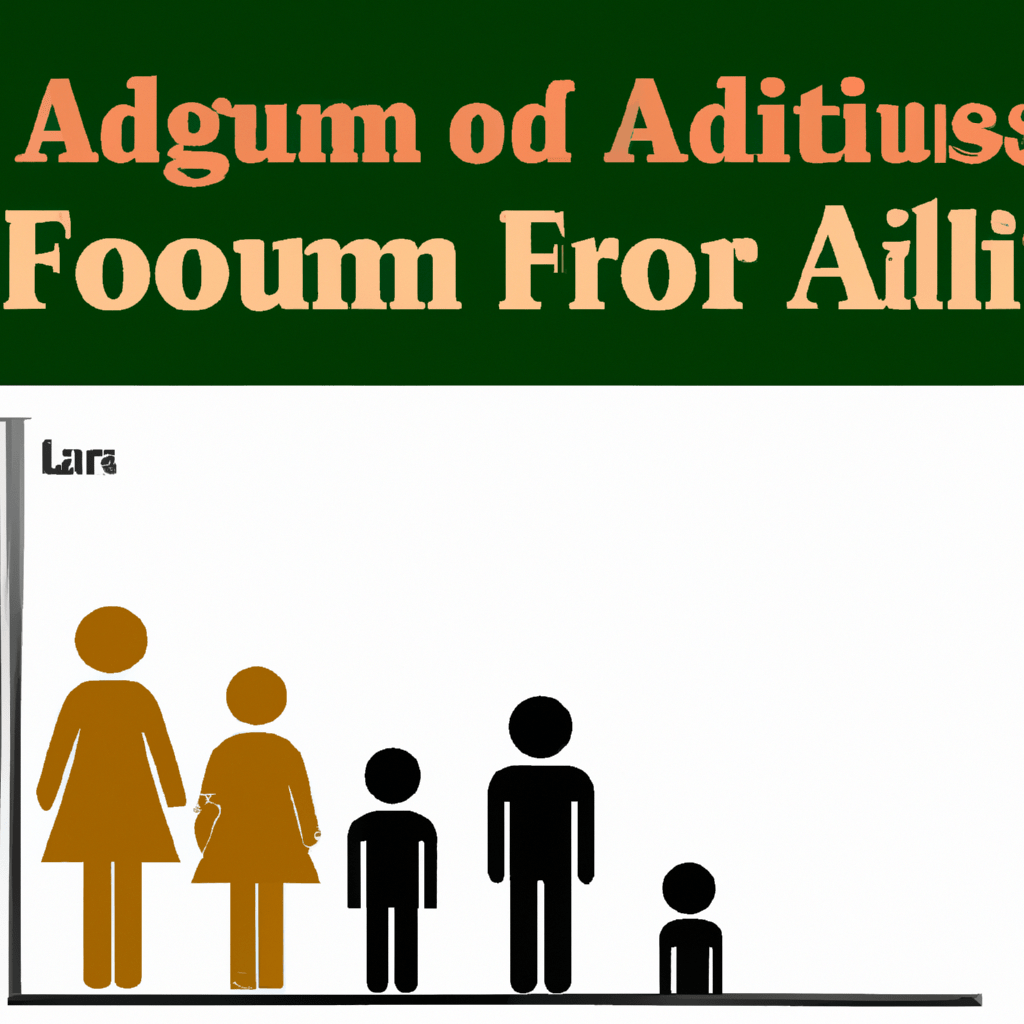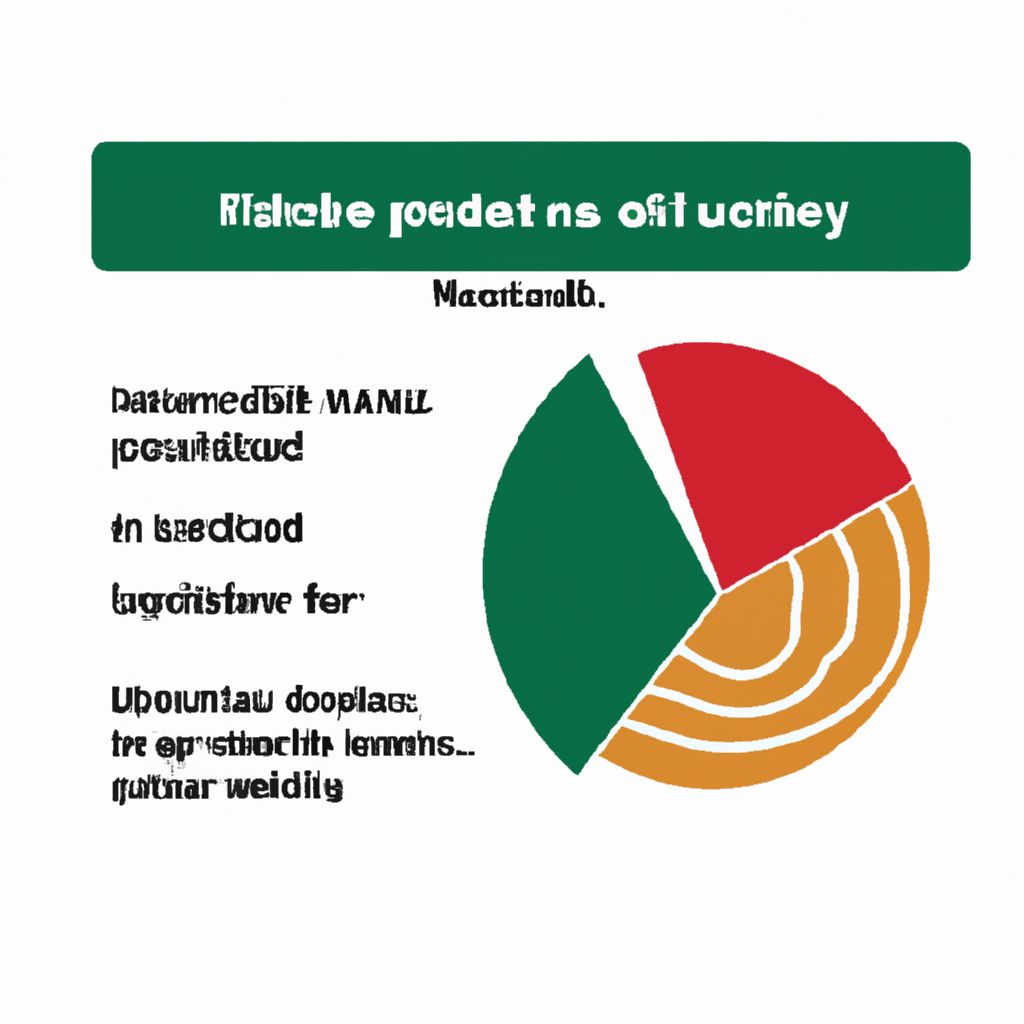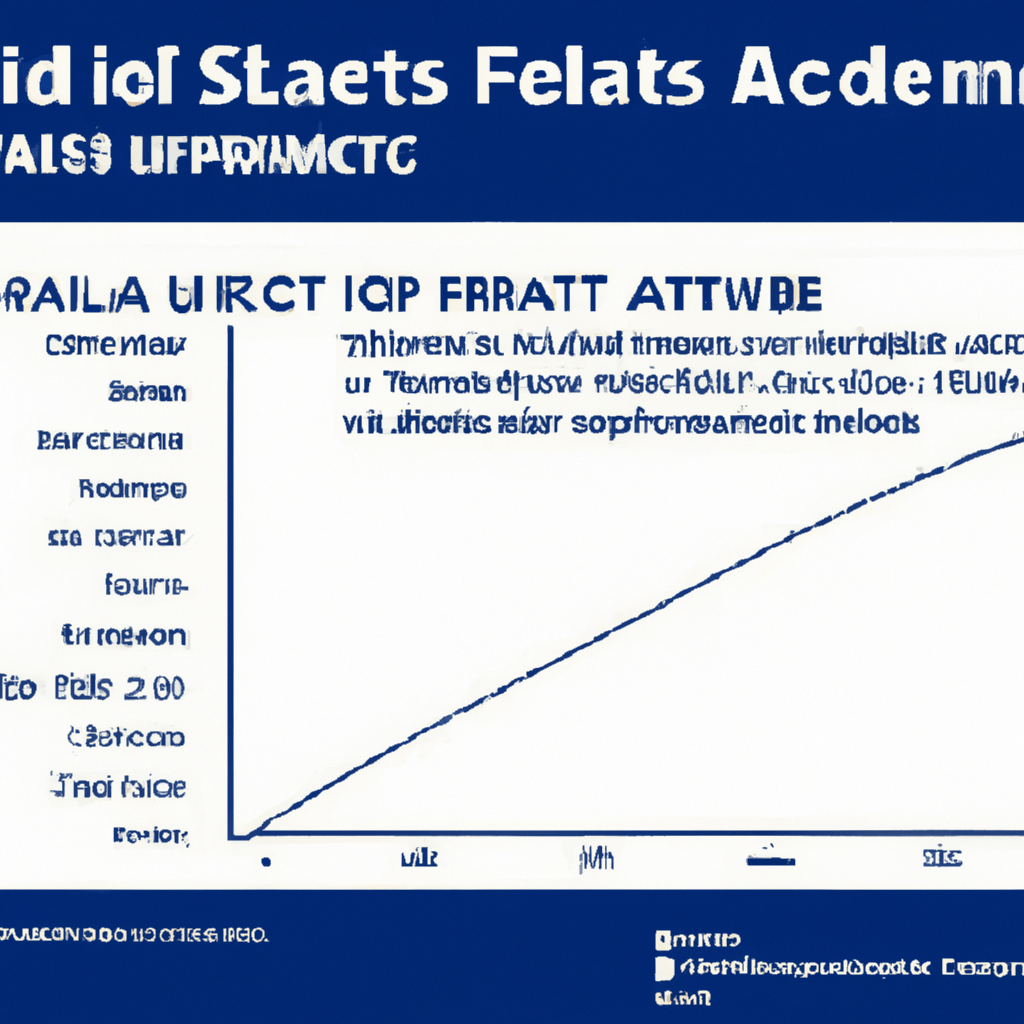Causes of food insecurity

Causes of food insecurity stem from a complex interplay of factors, often multifaceted in nature. Firstly, poverty plays a significant role, as individuals and families with limited resources struggle to afford nutritious food and meet their dietary needs. Additionally, economic instability, including unemployment and low wages, exacerbate food insecurity by restricting access to adequate food supplies. Natural disasters, such as droughts, floods, and hurricanes, also contribute by destroying crops and disrupting food production systems. Furthermore, conflicts and political instability can lead to the displacement of people and hinder the availability and distribution of food. Lastly, limited access to education, healthcare, and social services further perpetuate the cycle of food insecurity. Combined, these causes create a challenging environment where food access and availability become increasingly uncertain.
Read more
Effects of food insecurity

Food insecurity has detrimental effects that reverberate through individuals, communities, and even entire nations. At the individual level, it leads to malnutrition, reduced cognitive development, and increased susceptibility to diseases. The burden is particularly heavy on children, as food insecurity can impair their physical growth and hinder their educational outcomes. Communities grappling with food insecurity experience heightened social and economic disparities, leading to increased poverty, unemployment, and crime rates. Moreover, food insecurity undermines social cohesion and exacerbates existing inequalities. At a macro level, it hampers economic growth, perpetuates poverty cycles, and places a strain on public health systems. These effects of food insecurity highlight the urgent need for comprehensive interventions to address this global challenge.
Read more
Solutions to address food insecurity

Solutions to address food insecurity focus on various key areas. Firstly, investing in sustainable agriculture practices can enhance food production and decrease dependence on unpredictable weather conditions. This involves promoting crop diversification, improving irrigation systems, and supporting small-scale farmers. Additionally, implementing effective social protection programs such as cash transfers, school feeding initiatives, and food vouchers can provide crucial support to vulnerable communities. Enhancing access to credit and financial services for farmers can also stimulate their ability to invest in agricultural inputs and technologies. Lastly, fostering partnerships between governments, non-governmental organizations, and the private sector can facilitate coordinated efforts to combat food insecurity on a global scale.
Read more
Impacts on vulnerable populations

Impacts on vulnerable populations encompass a broad range of challenges that affect disadvantaged individuals and communities. These impacts can result from various factors such as socio-economic inequality, limited access to resources, discrimination, or environmental degradation. Vulnerable populations often face greater risks and disadvantages, including insufficient healthcare, education, and employment opportunities. They are more susceptible to physical and mental health issues, marginalization, and social exclusion. Additionally, vulnerable populations may be disproportionately affected by natural disasters, conflicts, or pandemics. It is crucial to address and mitigate these impacts through targeted policies, interventions, and support systems, aiming to create a more equitable and inclusive society for all.
Read more
Government policies and initiatives

Government policies and initiatives play a crucial role in shaping and guiding a nation's development and progress. These policies are implemented by the government to address various issues and challenges faced by the society. They aim to provide solutions and improve the quality of life for the citizens. Through initiatives, the government promotes economic growth, social welfare, infrastructure development, healthcare, education, environmental sustainability, and more. These policies and initiatives are designed to ensure fair and equitable distribution of resources, empower marginalized communities, and foster inclusive growth. Ultimately, government policies and initiatives serve as a catalyst for positive change and progress in a country.
Read more
Income inequality

Income inequality refers to the disproportionate distribution of wealth and income among individuals or groups within a society or economy. It highlights the significant gaps between the rich and the poor, which have profound implications. This disparity can lead to social and economic divisions, limiting upward mobility for those with lower incomes. The consequences of income inequality are far-reaching, affecting access to quality education, healthcare, and opportunities for personal growth. Furthermore, it can undermine social cohesion and hinder economic growth. Addressing this issue requires comprehensive policies promoting fair wages, progressive taxation, and social safety nets to mitigate the adverse effects of income inequality on individuals and society as a whole.
Read more
Food insecurity

Food insecurity is a pressing issue affecting millions of individuals and communities worldwide. In simple terms, it refers to a lack of consistent access to affordable, nutritious, and culturally appropriate food. This often leads to hunger, malnutrition, and a compromised quality of life. Food insecurity can result from various factors, including poverty, unemployment, natural disasters, conflicts, and inequitable distribution of resources. Its consequences are far-reaching, impacting physical and mental health, educational achievement, economic productivity, and overall well-being. Addressing food insecurity requires comprehensive strategies that focus on improving food production, distribution, accessibility, affordability, and nutrition education to ensure everyone has the opportunity to meet their basic food needs.
Read more












